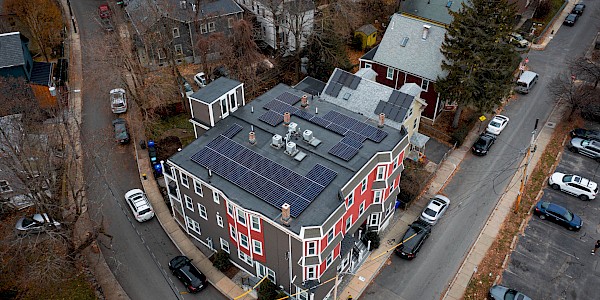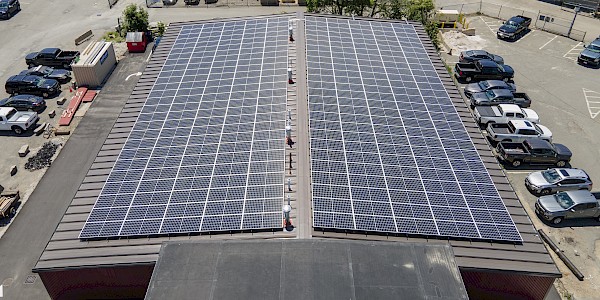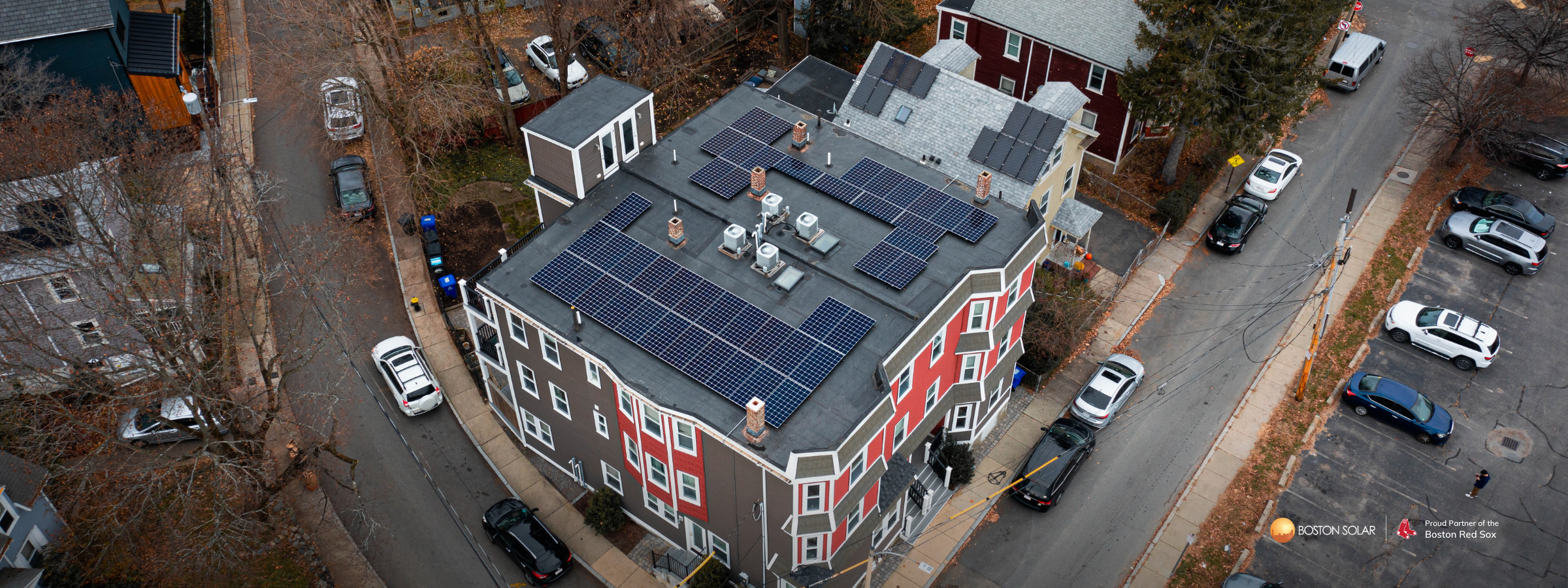How to Claim the Solar Tax Credit for Your Rental Properties
Mar. 04, 2024
If you own rental properties, you know how expensive the electric bills can be.
Installing solar panels is one of the best things you can do to reduce your electricity bills and increase profits for your rental properties. The installation will pay for itself in electricity bill savings, and right now, you can save 30% with the federal solar tax credit!
Keep reading to find out how you can claim the solar tax credit for your rental properties in 2024.
The Solar Tax Credit for Rental Properties
The federal solar tax credit (formally known as the Investment Tax Credit or ITC) is a commercial solar incentive that was implemented by the US government to encourage solar installations. Businesses are eligible for a tax credit worth 30% of their total solar panel and battery storage installation costs with no maximum. Rental properties, both long-term and short-term, are considered businesses and qualify for the commercial solar tax credit.
Is Your Rental Property Eligible for the Solar Tax Credit?
Before you can claim the commercial ITC, you need to make sure you qualify. To be eligible, your solar installation must meet the following criteria:
- Property is located in the United States of US Territories
- System is owned by the business (leases and Power Purchase Agreements do not qualify)
- System uses only new or new and limited previously owned equipment
- System is not leased to a tax-exempt entity
Claiming the Solar Tax Credit for Your Rental Property
The ITC is a tax credit, not a deduction or a rebate. It reduces your federal income tax liability by 30% of your commercial solar installation costs. To claim the solar tax credit for your rental property:
- Save all receipts associated with your solar installation
- Complete IRS Form 3468
- Attach completed Form 3468 to your federal tax return
To receive the tax credit in a given year, you must have commenced construction for your solar installation by December 31st of that year. The IRS defines “commenced construction” as either:
- Five Percent Safe Harbor - At least 5% of final qualifying project costs are incurred. Expenses must be integral to generating electricity, and equipment and services must be delivered or anticipated to be delivered within 3.5 months after payment.
- Physical Work Test - Physical work of a significant nature is commenced on the project site or project equipment at the factory. Physical work must be integral to the project. Preliminary activities on site (e.g., clearing the site or building a fence or an access road) do not count as integral.
The IRS implemented these guidelines to ensure solar projects make continuous projects and are completed in a timely manner once construction has begun.
Solar Panel Installation for Rental Properties in New England
Ready to add solar panels to your rental properties? Boston Solar installs customized solar energy systems for homes and buildings of all sizes in New England. We’ve been in business for more than a decade and have installed thousands of solar energy systems. Our expert team can design a solar power system that will generate most or all of the electricity your rental property uses, significantly reducing your operating costs. We’ll make sure your project meets IRS requirements for the solar tax credit so you can maximize your savings.
Save 30% on solar for your rental properties with the Investment Tax Credit! Call 617-858-1645 or contact us to get started.



